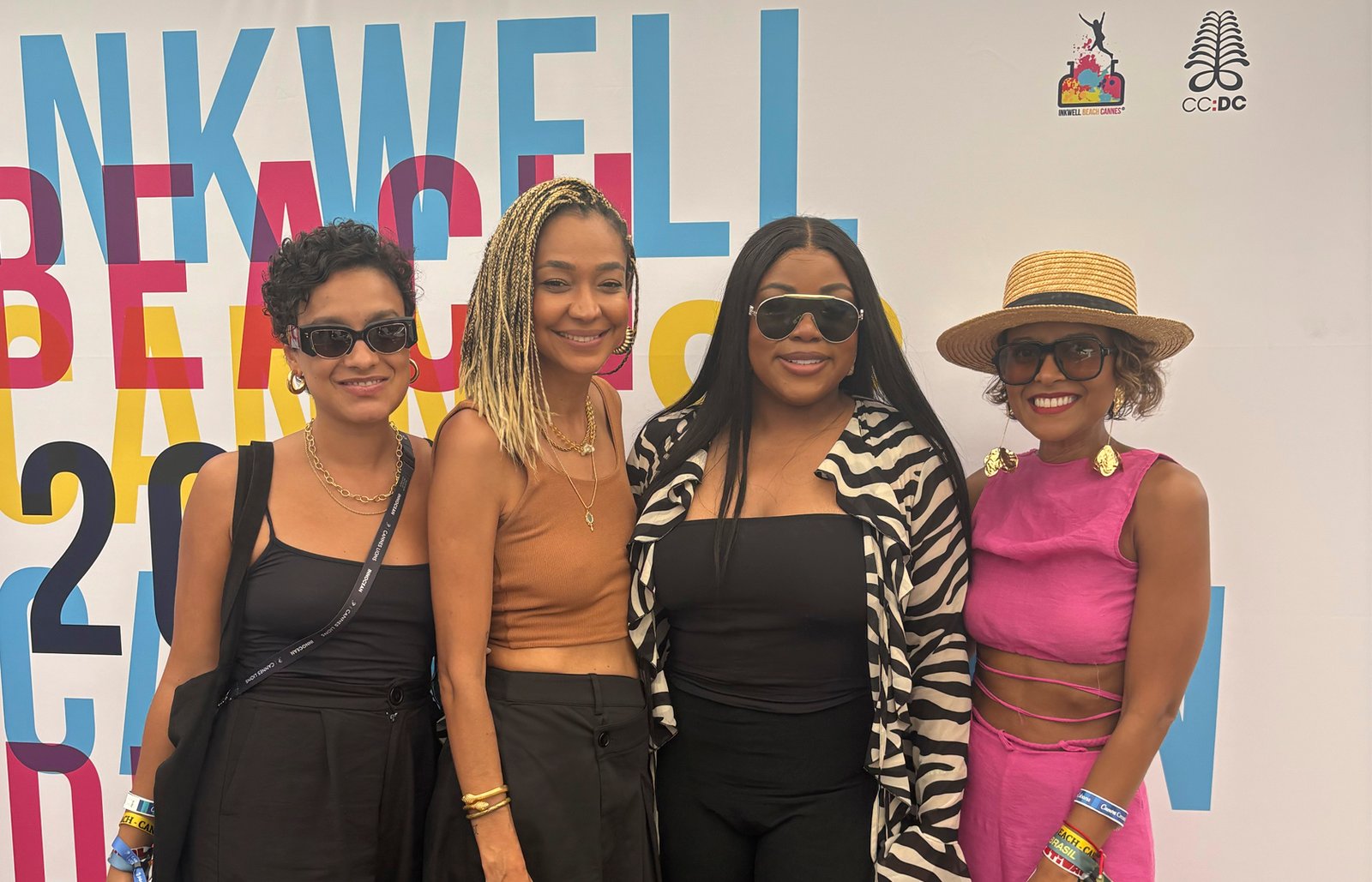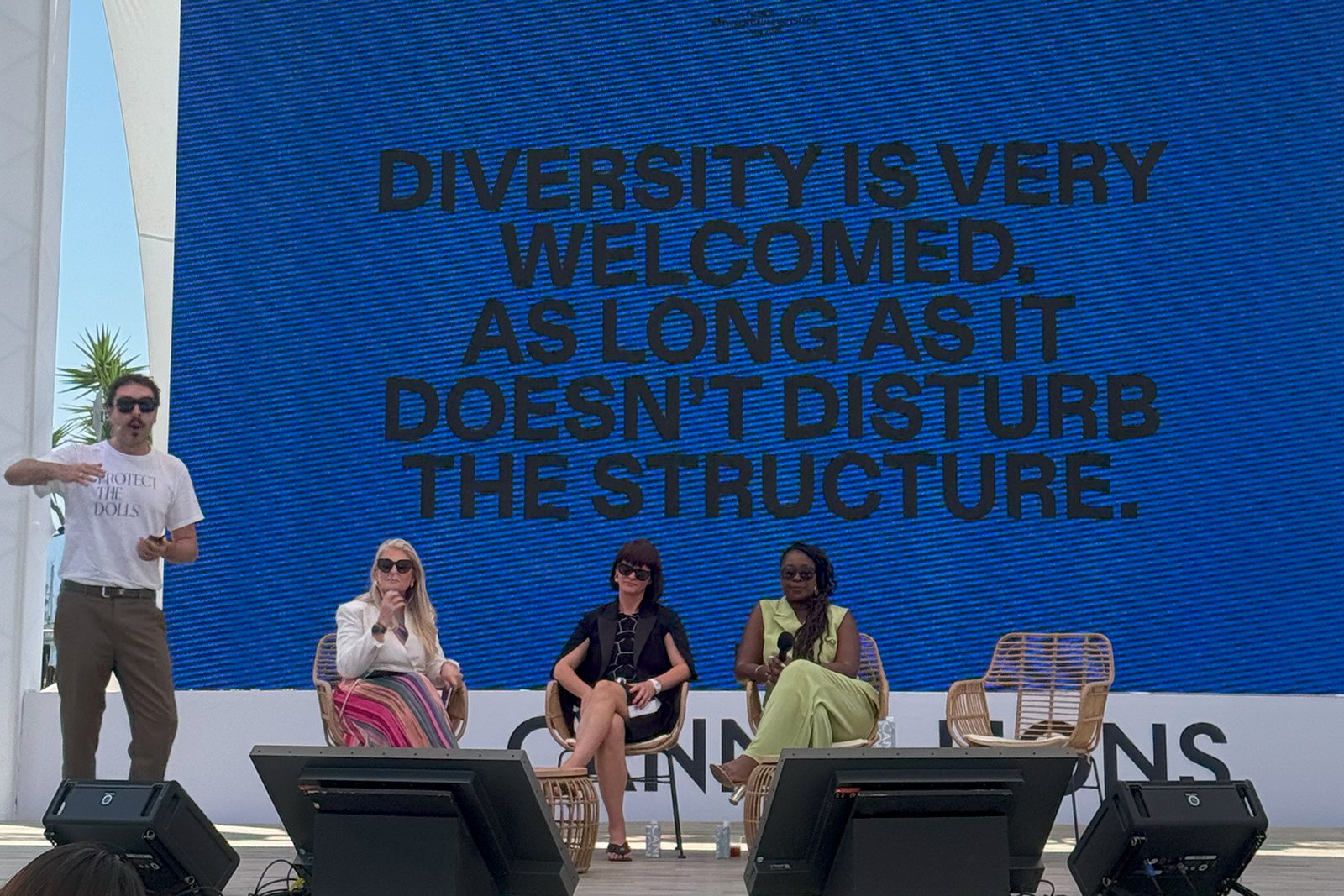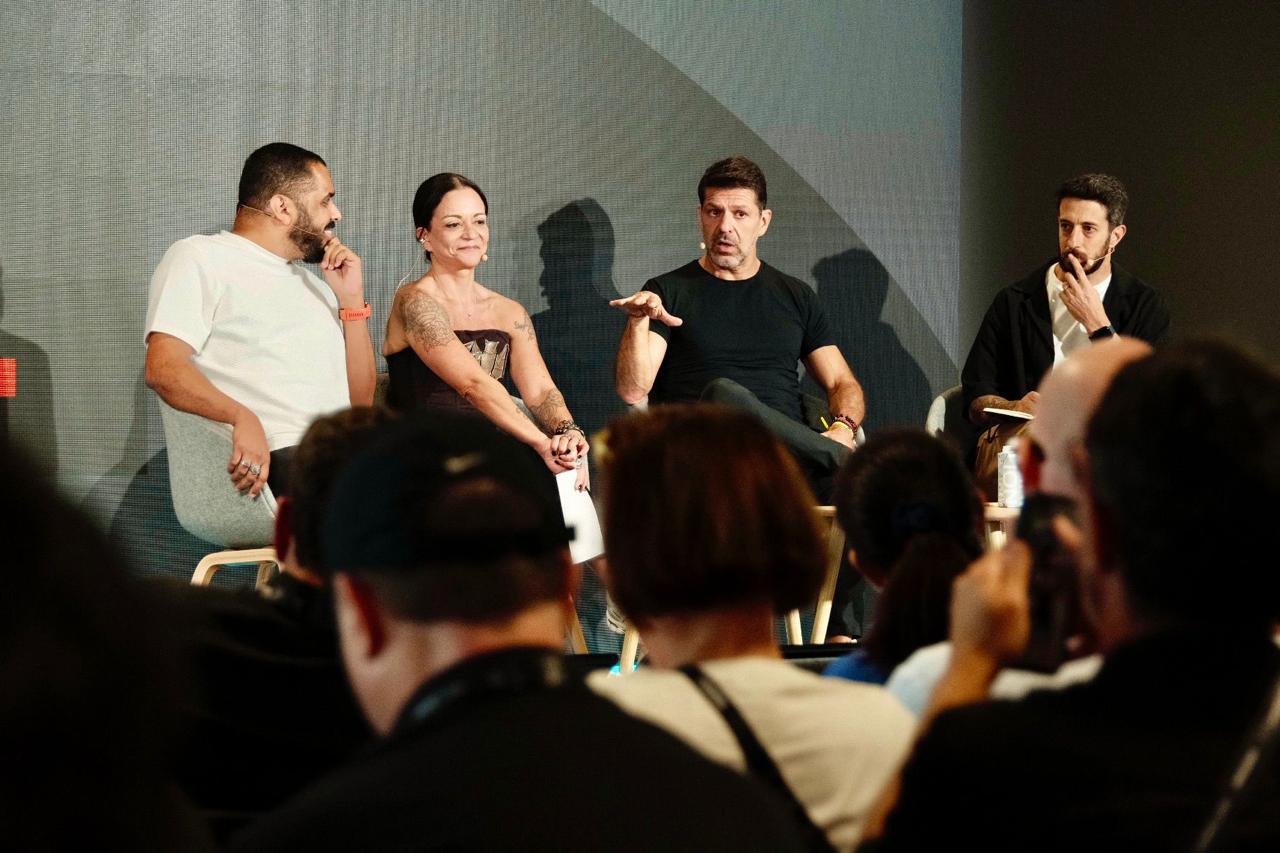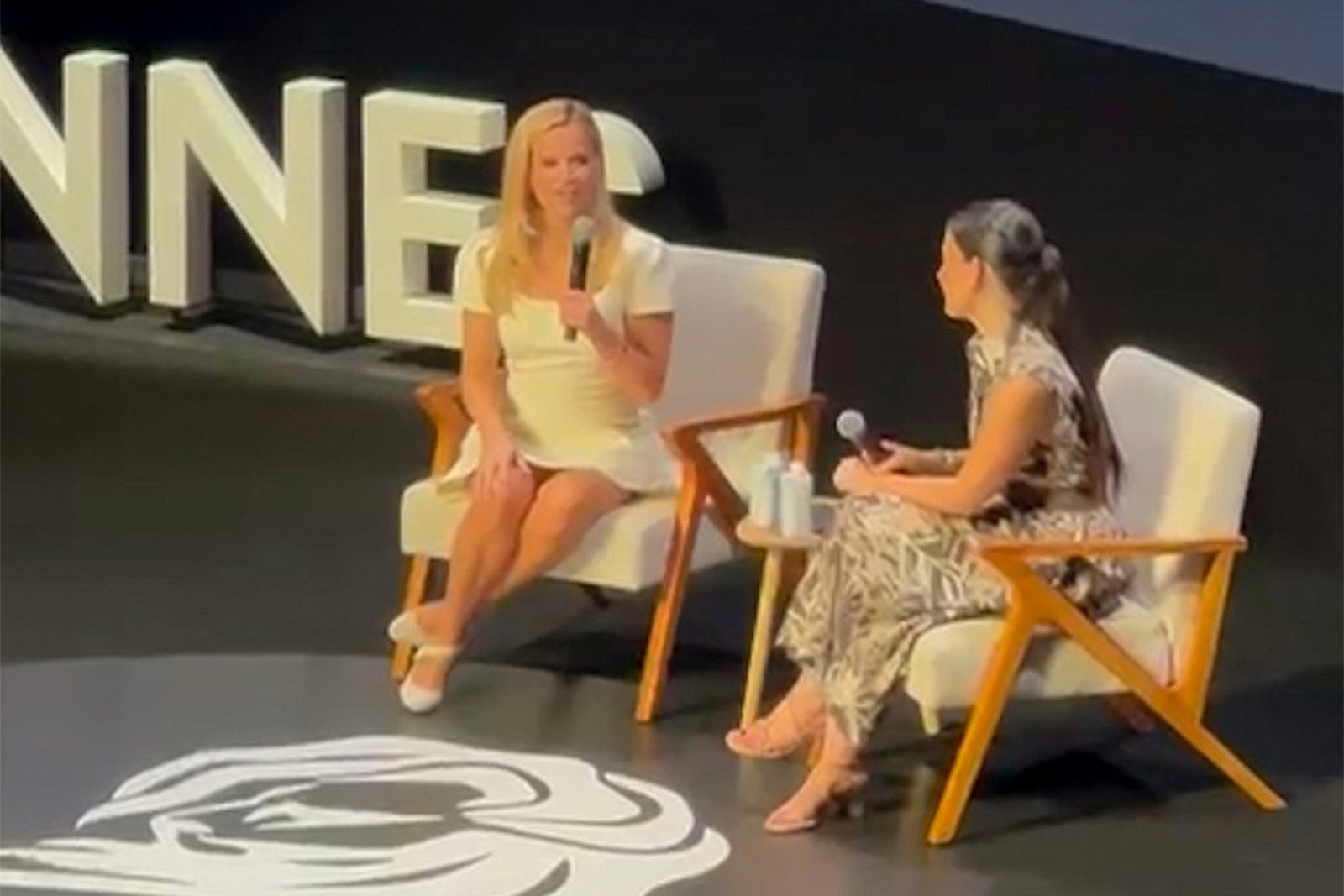At Cannes Lions, the founder of The Shade Room talks about starting from scratch, resisting easy money, and the power of speaking with and for the global Black community.
At Cannes Lions, the founder of The Shade Room talks about starting from scratch, resisting easy money, and the power of speaking with and for the global Black community.
In an intimate conversation led by Nikki Felix, Bárbara Teixeira, and Laís Franklin three Brazilian voices making a powerful mark in the Black creative ecosystem the founder of The Shade Room opened her heart. Surrounded by flashes, excitement, and curious gazes on the French Riviera, she didn’t deliver a pitch. She told a story.
The story of a Black woman who never dreamed of being in media, but who ended up becoming responsible for one of the largest Black culture platforms in the world. A story that begins in scarcity, moves through the conscious choice not to sell out, and ends or rather, continues with a powerful reminder: authenticity is also a strategy.
Below are the main excerpts from that conversation, which took place among coffee, cameras, and camaraderie.
ㅤㅤ
ㅤㅤ
What brought you to Cannes Lions?
I felt like The Shade Room needed to be more recognized in the advertising world. We fight a very tough battle to win over advertisers like McDonald’s and GMC big brands. Because our community still isn’t respected as it should be in this space. We came to Cannes to change that. We want advertisers to know who we are, to know the name Shade Room, to find us at events, and when we’re back in the U.S., to say: “Okay, I know who you are.”
How do you define The Shade Room?
It’s a cultural information hub for the Black community. And when I say Black community, I’m talking about the global diaspora Nigeria, Brazil, the UK, Canada, the United States. We cover everything in Black culture. The good and the difficult. The triumphs and the wounds. And we talk about all of it with truth.
Did you always want to work in media?
No. Actually, I wanted to be a screenwriter and film director. I never imagined myself in journalism or creating a media channel. But I was broke, had no money, had lost my job, and decided to try something new. That was it. I tested an idea, and it worked. And that has shaped the last 11 years of my life.
What was the biggest challenge on this journey?
Doing everything with my own money. A lot of people said, “Get investment, grow fast.” But I knew that in media, when too much money comes in early, authenticity is at risk. Many people compromise their own voice for money. And I wanted to make sure Shade Room would always be a place where our audience felt at home. We did take $100,000 in the beginning. Later I returned the money, bought back the person’s share, and since then we’ve been growing our way.
And it worked. What would you say to someone who wants to start something today?
Be unique. The industry is saturated. Don’t copy what already exists. Create what you feel is missing in the world. When you are truly yourself, you’ll attract an audience that genuinely connects with you. And trust me there are a lot of people who feel the same way you do.
One last message for Brazil?
I love you. This is my first time meeting Brazilians in person. I’ve always wanted to visit. I think the culture is amazing, the people are beautiful. And I want to create more content for you on The Shade Room. Hold me to it.
ㅤㅤ
ㅤㅤ
Closing
At a festival torn between technology, performance, and ego, hearing someone talk about authenticity the way one talks about home is almost a political act. The Shade Room isn’t just a platform. It’s a mirror. And the woman behind that mirror reminds us, with simplicity and courage, that the best path isn’t always the fastest. And that living with truth is, indeed, a growth strategy.
Because, as she said herself: what you feel is missing in the world is exactly what you were born to create.






